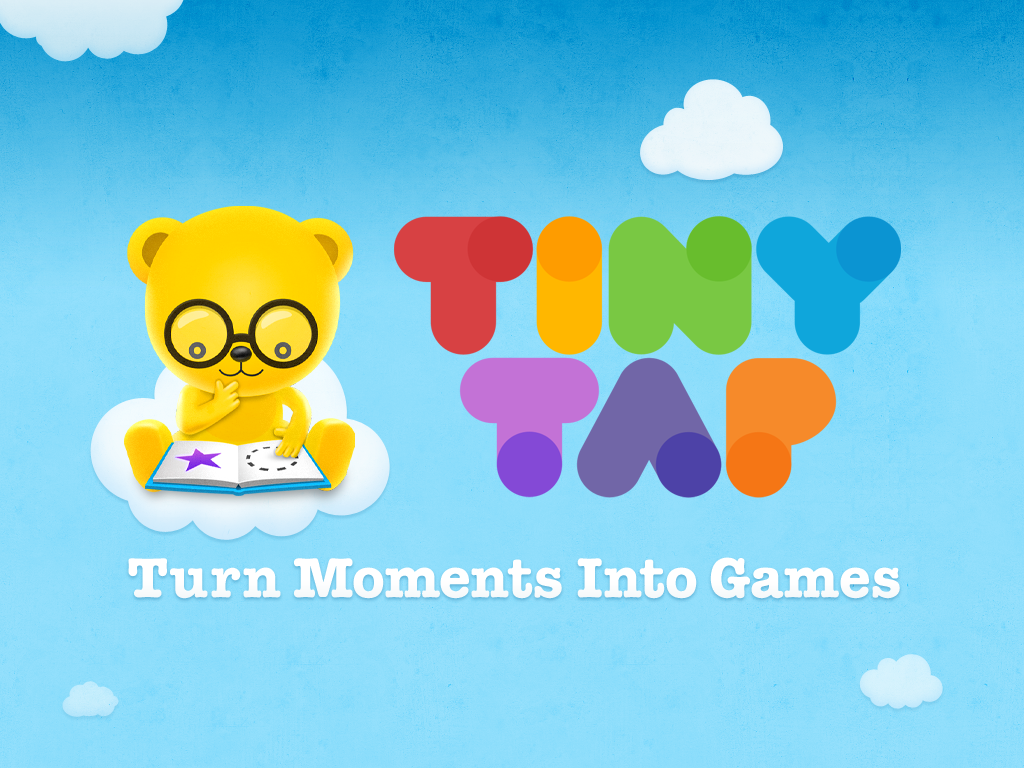
Educators worldwide agree that cognitively engaged students learn faster and many times free of behavioral issues so common in the traditional school environment. To get people in the educational system to agree with educators like Piaget, Dewey, and Montesorri is easy, but the question that lingers is how to bring back experiential learning when we need to deal with standardized tests, teaching for the tests, and the decrease of play and time to do projects. The answers are out there, and the shift towards experiential leaning come back is easy to spot in social media and the news. Small steps, and effort to change what needs to be changed is our way out of brick and mortar dull classrooms. Mobile learning is an easy way to start, since there are great apps out there nowadays for teachers to take advantage and bring to their classrooms the kind of learning that involves engagement, design , and building.
From my experience, Tinytap, an app created by an Israeli startup, provides the path for educators to create engaging learning opportunities to help students not only develop content related knowledge but also get empowered to use their creativity to learn how to learn and share what they make online with a rich and growing community.
This platform is a pearl because learners can easily create and play fun, interactive games from their own pictures and videos for their peers. Students can also make quizzes and games for younger kids, and we all learn that there is no better way to learn something than by teaching it. There are hundreds of ways to play with TinyTap, here are a few ideas to get you started. If you are:
A librarian – Convey your message, advertize your reading events, promote books in a fun and unique way through a game, a digital challenge, train staff, and more.
A Brand – Create a game to engage with your target audience, specially kids! Send trivia quizzes about interesting topics. Turn fun institutional videos intogames, etc.
An educator – Explore the app in class so that students use se their personal images and videos to learn content is a VERY meaningful way. Content producers (students) who make personalized puzzles, record a soundboard, tell interactive story.
Learner
See some examples of what you can do for and with your students in an EFL language classroom below:
Teens - Superlative trivia quizz
Sarah - Maker, 9/Jul/2024